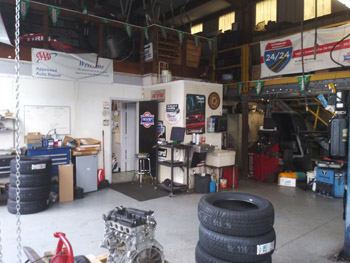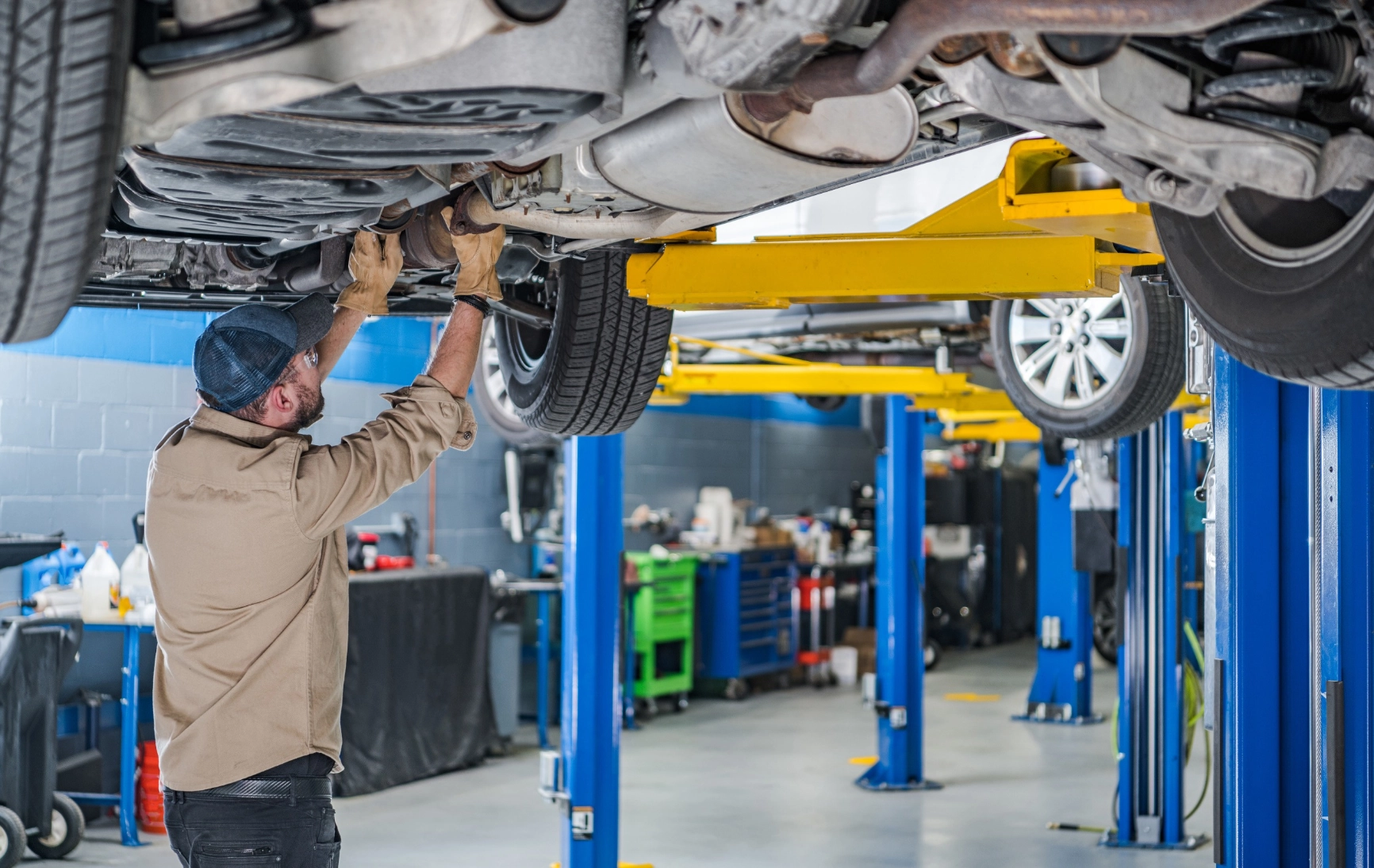All Categories
Featured

When it pertains to automobile upkeep, the brakes are probably one of the most vital system for guaranteeing your security. Your brakes need to operate optimally to prevent accidents and react promptly in emergency situations. Routine brake evaluations are vital to keeping your stopping system in top problem. Recognizing when and exactly how to examine your brakes can save you from harmful circumstances and costly repair services down the road. Right here's a guide to help you remain on top of brake inspections.
- Why Brake Examinations Are Important. Brakes are created to wear down in time, however without regular inspections, you may not see when they become less effective. A defective brake system can lead to significant crashes, enhanced repair service costs, and also the demand to replace various other vehicle parts.
Brake inspections not only help you catch possible issues before they intensify, yet they additionally permit better braking performance, raised lorry life expectancy, and improved safety and security.
- Acknowledging Indication for Brake Troubles. While routine inspections are very important, you do not have to wait until your car's following see to the technician. View for these warning indicators that might indicate it's time for an assessment:
Unusual Sounds: A piercing screech or grinding audio when using the brakes usually indicates that the brake pads are used down or harmed. Soft or Spongy Brake Pedal: If the brake pedal really feels soft or mushy when pushed, there might be air or wetness in the brake lines, or the brake liquid may be reduced. Pulling away: If the car draws away while braking, it might suggest unequal brake pad wear or a hydraulic problem in the brake system. Resonance in the Steering Wheel or Pedal: If you experience resonance or pulsation when stopping, it might be an indicator of warped rotors or unequal brake pad wear. Increased Quiting Range: If it takes longer than typical to bring your vehicle to a quit, it may be time to inspect the brake pads, liquid levels, or blades. If you see any one of these indications, it's best to have your brakes checked instantly by a professional.
- Key Components Checked Throughout a Brake Assessment. Throughout a brake evaluation, a licensed technician will take a look at a number of crucial elements of the brake system to guarantee they're operating effectively. Some of the most vital parts to inspect consist of:
Brake Pads: These are the rubbing material that presses against the brake blades to reduce the vehicle. Gradually, the brake pads put on down and need replacing. Brake Rotors: Blades are the steel discs that the brake pads clamp down on. They should be smooth and without deep grooves or fractures. Brake Fluid: The brake fluid moves the pressure from the pedal to the brakes. Reduced fluid degrees or old, contaminated liquid can result in poor braking efficiency. Brake Lines: Brake lines lug liquid from the master cylinder to the brake components. They must be examined for leaks, splits, or damages. Brake Calipers: These secure the brake pads onto the blades. They should be in great functioning order and without leaks. Routinely examining these elements ensures your stopping system works efficiently and assists you avoid hazardous driving circumstances.
- Just how Often Should You Obtain Your Brakes Examined? The regularity of brake examinations depends on your driving behaviors and the kind of lorry you own. As a general guideline, it's recommended to check your brakes at the very least annually or every 12,000 miles. If you drive in hefty traffic, frequently bring heavy loads, or drive on sloping surface, more regular evaluations may be necessary.
It's also an excellent idea to have your brakes inspected if you see any one of the warning indicators discussed previously, as this can protect against extra major problems.
- The Price of Overlooking Brake Inspections. Ignoring normal brake inspections can result in major consequences. Used brake pads, harmed blades, or low brake liquid can create your stopping system to fail when you need it most. Along with the safety threats, overlooking brake upkeep can lead to pricey repairs later on.
As an example, if the brake pads are not replaced in time, the damages could encompass the blades, causing the need for blades replacement-- an expensive repair work. By organizing regular brake assessments, you can stay clear of these costly fixings and keep your braking system in great problem for longer.

- What Takes place Throughout a Brake Evaluation? A professional auto mechanic will perform an in-depth inspection of your automobile's stopping system, including looking for the complying with:
Brake Pad Thickness: Brake pads require to be replaced when they have actually used down to a specific thickness. Blades Problem: The auto mechanic will certainly check the blades for indicators of wear, bending, or scoring. Brake Liquid Level: Low brake fluid can affect stopping efficiency. The auto mechanic will certainly check the fluid degree and replenish it if necessary. Brake Line Honesty: The brake lines will certainly be examined for any type of leaks or fractures that could compromise the brake system. When the assessment is full, the mechanic will inform you of any kind of required repair services or replacements.
Conclusion: Stay Safe with Normal Brake Inspections. Your brakes are necessary to maintaining you and your passengers risk-free on the roadway, so regular brake assessments must never be ignored. By focusing on warning indicators, organizing periodic brake checks, and attending to issues promptly, you can make sure that your brakes are always in top form.
Don't wait until your brakes fail-- remain positive concerning brake upkeep. A small investment in brake inspections today can conserve you from expensive repair work and dangerous scenarios in the future.
Latest Posts
Unmatched Quality and Custom-made Solutions for each Home
Developing a Solid Economic Future with WyHy
Exploring the Perks of WyHy Share Interest-bearing Account
